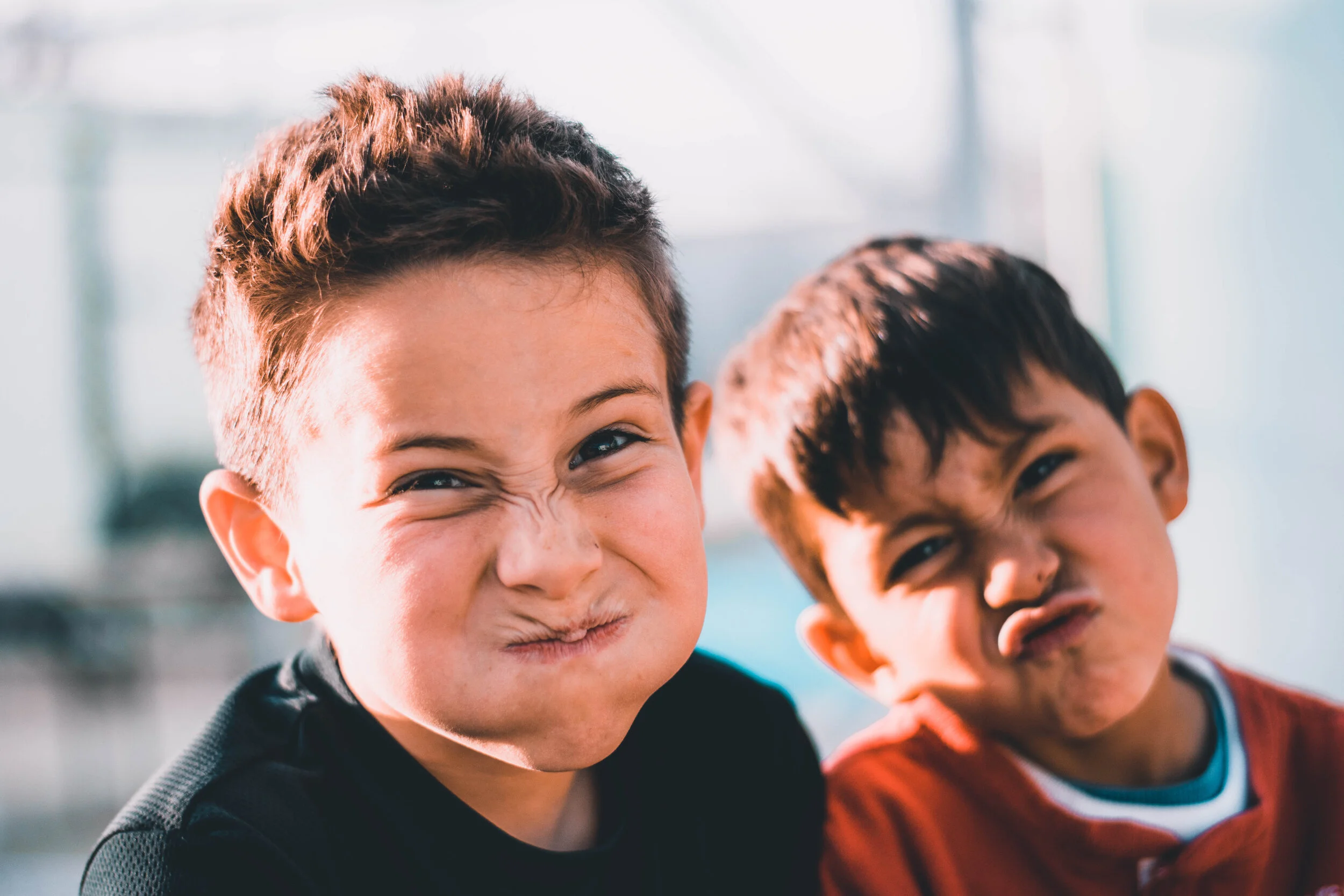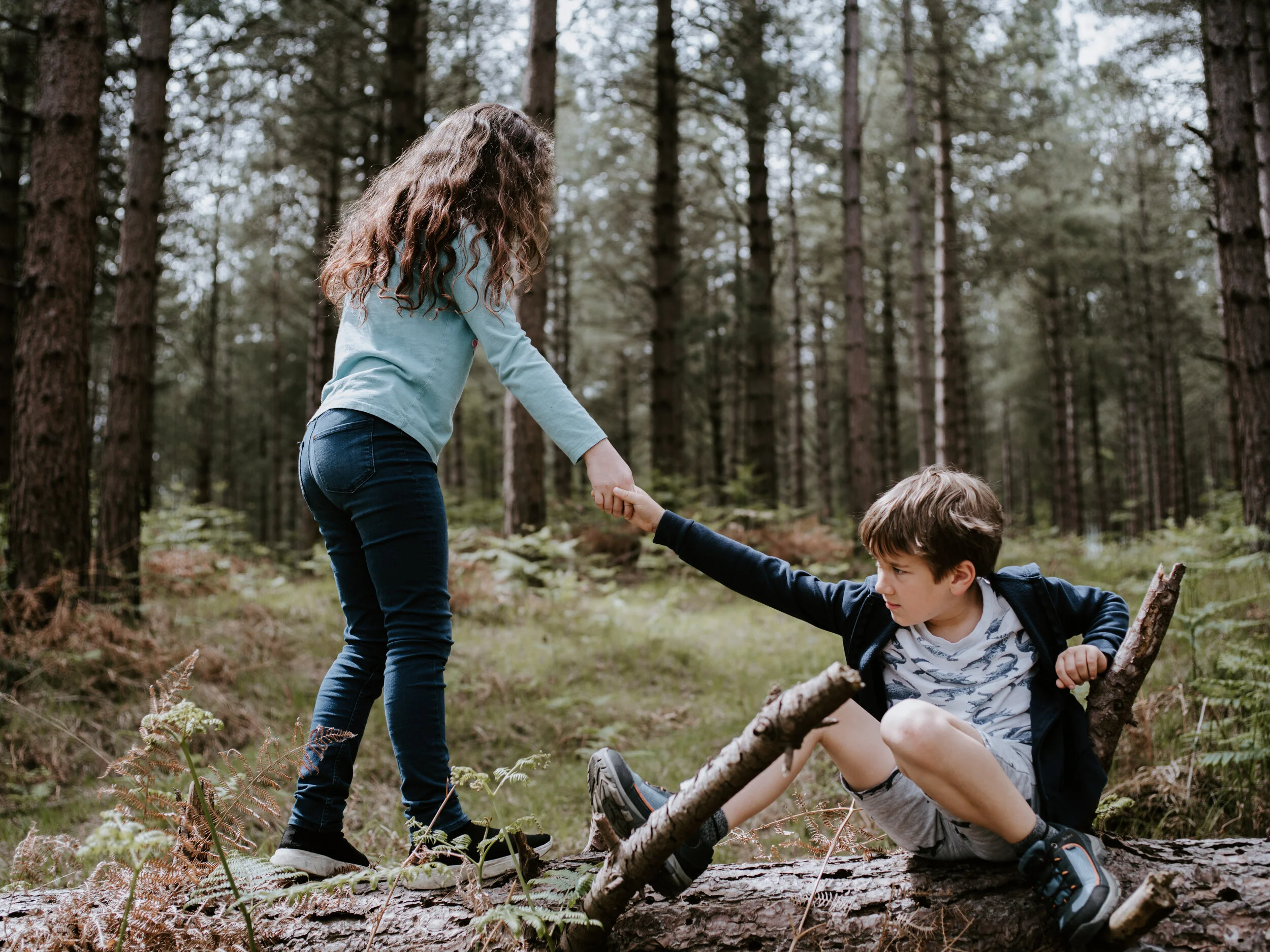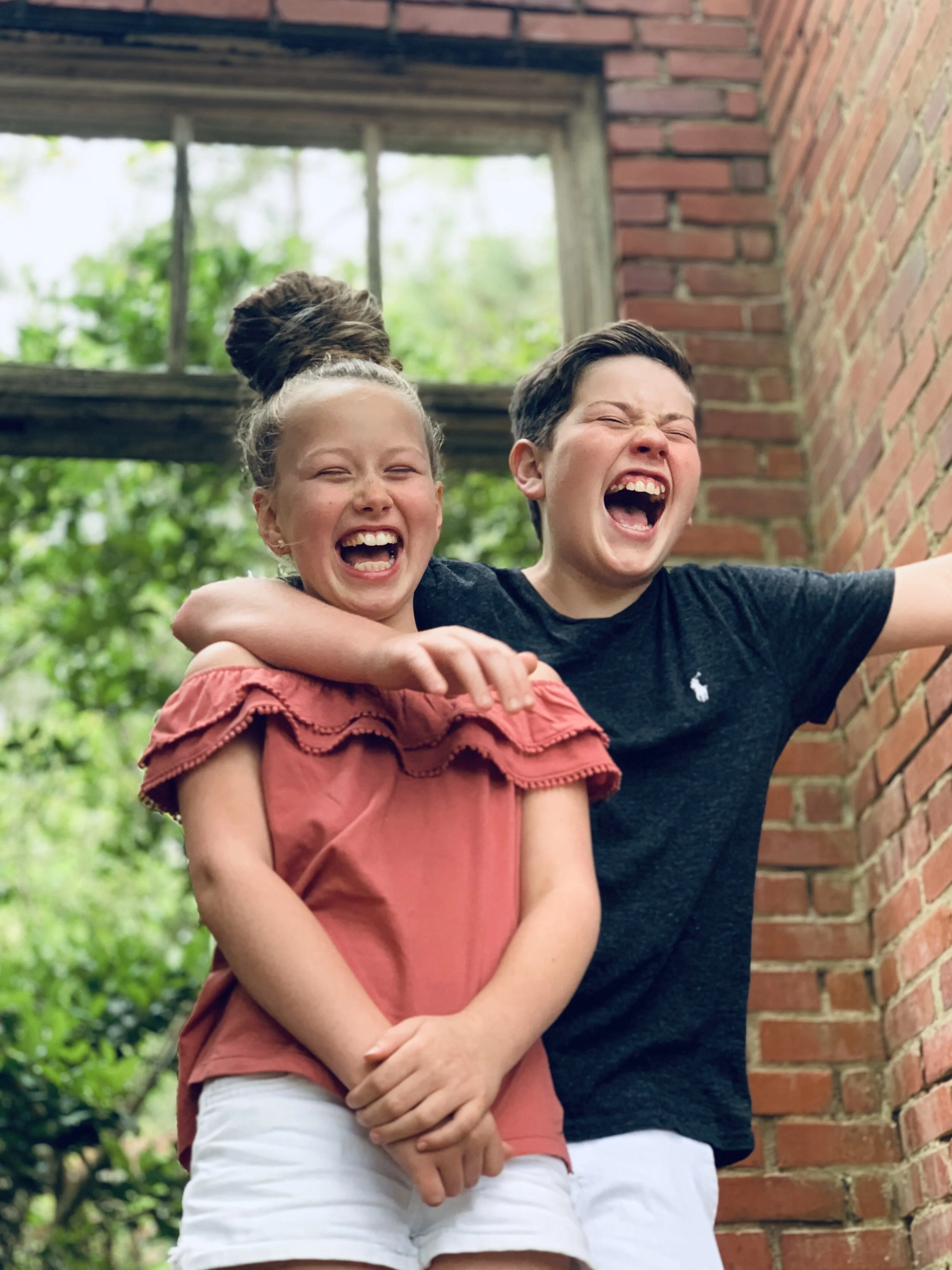Imagine you’re a sixth-grader on your first day of school. You walk into your classroom, and realize you don’t know many other students. How do you strike up a conversation with the stranger sitting next to you? Will you be able to tell when they’re getting bored, and you need to change topics? What if the teacher gives everyone a dreaded group assignment—how will you negotiate who does what work on the project? What if somebody disagrees with you?
In order to thrive in school, children have to learn more than just academics. There’s a whole host of social and emotional skills that kids need in order to start conversations, make friends, and generally get along with other people. For kids who struggle with social anxiety or nonverbal learning, these skills may not come quite as easily or feel as natural as they do to other people. Sometimes kids I speak to feel hopeless about their ability to socialize: they think that social skills are either something you’re born with or you’re not.
The truth is, nobody is born with perfect social skills: we all have to learn them, and we can all get better with practice. Keep reading this post to learn how drama therapy can help kids boost their social skills in a fun, supportive environment.
How Drama Therapy for Kids Works
Drama Therapy uses theater-based activities to help kids learn empathy, explore feelings, and work together as a team. Any activity that involves imagination and play can be fair game for a drama therapy session: children may write scripts, improvise scenes, or even play games like Dungeons and Dragons that are based on roleplay.
Drama Therapy helps a child get both their brain and body involved in the learning process. This can be especially helpful when it comes to learning social skills, since body language is such an important part of how we communicate with other people. It’s one thing to sit with a therapist and talk about social skills, or to fill out a worksheet about how to make conversation. It’s another thing to practice those skills in real-time, with other kids.
Drama Therapy allows children to experiment with eye contact, body language, and tone of voice and get immediate feedback about how others perceive them. It also gives kids practice in reading other people’s tone, which is so important for building social skills. Most importantly, all this learning happens in a setting that is playful and fun, so mistakes don’t feel as personal or overwhelming.
Drama Therapy Helps Kids Recognize Tone
Have you ever had the feeling that you’re not in on a joke? It feels terrible. Some children need extra practice in order to understand other people’s tone, pick up on sarcasm, and understand not just the words being said, but the feelings behind them. A lot of times, these tones are subtle and never put into words, but drama therapy makes them explicit and easier to understand.
In order to successfully perform a scene, children need to be really attuned to the emotions their scene partner is trying to convey: what are they saying with their body language? How does their voice sound? Kids also have to think critically about their own body language and tone of voice in order to play a character: a friendly nurse, for example, is going to carry herself and speak very differently than an angry giant.
The awareness of tone and body language that kids develop through Drama Therapy can be carried with them back into the “real world.” Understanding tone allows children to detect sarcastic comments, notice when they may be coming off as braggy, and pick up on subtle cues that someone might be ready to end a conversation or move on to another topic.
Drama Therapy Encourages Teamwork
Anyone who has taken an improv class has learned the number one rule of improvisation: “Yes, and…”
When you are acting out a scene with an improvised partner, you have to work together and roll with whatever the other person says or does. For example, if your partner says “Wow, I can’t believe it’s been raining all day” and you reply with “What are you talking about? It’s sunny!” the scene falls apart.
Good improv requires that you say “yes” to whatever your partner gives you, and then build on it by adding something of your own—that’s the “and” part. Responding to your scene partner’s comment about the rain with “Good thing I brought the world’s largest umbrella” keeps the scene moving, and makes it funnier, too.
In Drama Therapy, kids practice taking turns, making compromises, and sharing ideas. Everyone gets a chance to be in the spotlight, and children learn how to accept this positive attention as well as when it’s time to step aside and give another person a chance to shine. Improvisation helps children to think more flexibly, deal with different points of view, and discover how combining many points of view can lead to something unexpected and better than what any one person could have dreamed up alone.
Drama Therapy Turns Strangers Into Friends
Theater brings people closer together. One of the reasons that “theater kids” love drama club is that creating a play together also creates friendships. It’s pretty hard to work together on a theater piece week after week and not come away from the experience with more understanding and appreciation of your castmates. Drama Therapy can have the same effect for children whose goal is to improve their friendships.
Performing with other people builds empathy: it requires you to imagine putting yourself in someone else’s shoes, and imagining how they would feel in a given situation. Performing also allows children to share parts of themselves that might not always come out at school. Kids who may feel shy or withdrawn at school have a chance to share their goofy, silly side, their assertive and confident side, or their supportive side that is a cheerleader for other children.
You learn so much about other participants in Drama Therapy that it’s hard not to become friends. It’s a good reminder to not judge a book by its cover, and to look for the surprising things you might have in common with other people who seem different at first glance. The acceptance and belonging that kids feel through their friendships in a Drama Therapy group can help them feel more confident the next time they need to make friends in a new situation.
Learn More About Social Skills And Drama Therapy
Want to learn more about Drama Therapy and how it can help kids with social skills? The Family Compass website was a great source for this post, and goes into more detail about the neuroscience behind Drama Therapy. You can also get good general information from the North American Drama Therapy Association. I’m a Registered Drama Therapist helping kids in the Charlotte, North Carolina area, as well as working with children online in North Carolina, New York, and Florida. You can reach out to me here.





